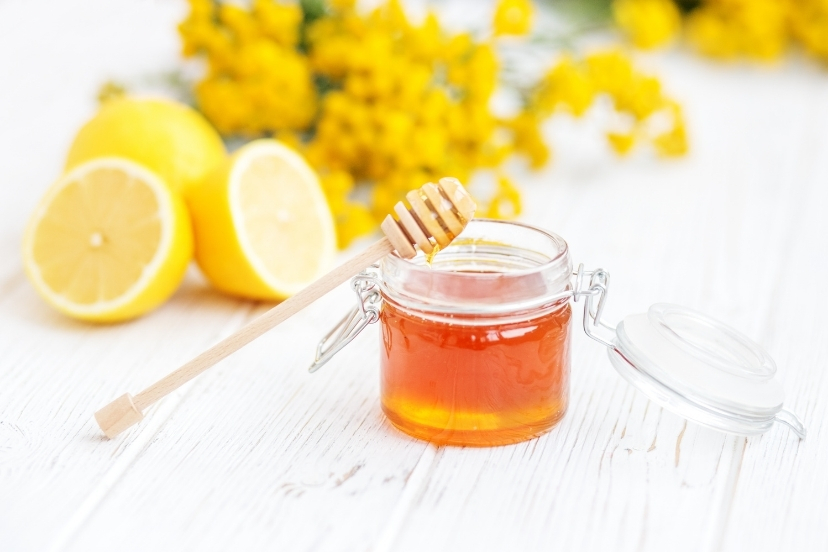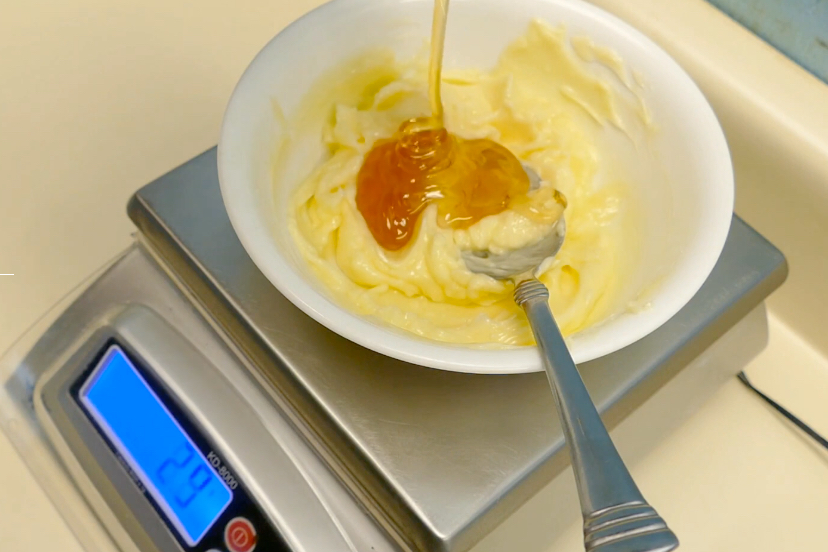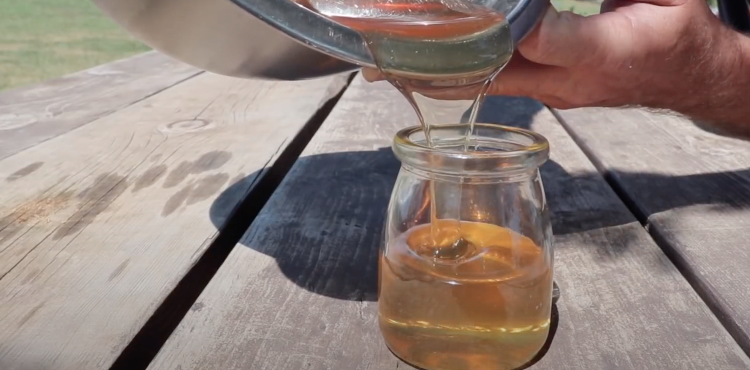Can Honey Really Help?
Honey and allergies: Perhaps the most frequently asked question about honey is whether it is useful as a natural remedy for allergies.
Or as a natural hay fever remedy.
And the answer is…
Maybe.
Not Much Proof Either Way
I know: “maybe” isn’t a very satisfying answer!
But there’s very little scientific proof one way or the other about honey’s effectiveness as a natural remedy for allergies.
On the other hand, there really haven’t been any scientific studies performed in an attempt to answer that question – at least, none that I’ve been able to find.
In spite of the controversy about honey and allergies, though, there are many, many people who believe that eating honey has helped them with their allergies or hay fever.
How Might Honey Help With Allergies? Here’s the Theory...
The idea behind eating honey for allergies is that by eating honey produced locally, the honey will contain pollen grains that are specific to your area.
And that means that the honey likely contains pollen grains from some of the plants that cause your allergy or hay fever symptoms.
How does that help you?
Well, the theory is that when you ingest the pollen grains with the honey, your body develops a tolerance to the pollen.
And this tolerance helps to reduce the severity of your body’s reaction when you are exposed to airborne quantities of the same type of pollen.
A Caveat: The Honey MUST Be Local
If you’re eating honey in the hope that it might help alleviate your allergy symptoms, that honey must be local – the closer to your home it was produced, the better.
Here’s why:
For the most part, honey you might purchase at the supermarket will offer little or no natural allergy relief.
That honey will likely have been produced hundreds or thousands of miles away. And so any pollen grains it contains will have been produced from few – if any – of the plants in your area.
So it’s less likely that non-local honey will contain any of the strain of pollen that causes your allergy symptoms.
And most supermarket honey will probably have been heated and filtered, a process that removes most of the pollen grains.
That’s why honey consumed for allergies must also be raw honey (unheated) and it must be unfiltered (strained is fine).
It Seems Reasonable…
Though there is little proof, it does seem reasonable that eating honey containing local pollen could work to reduce the symptoms of allergies and hay fever.
In fact, there is an immunotherapy treatment called ‘Sublingual Immunotherapy’ (SLIT) that works in much the same way that eating local honey might work.
When a patient is treated with SLIT, allergen extract is placed under the tongue and then swallowed (or sometimes spat out after allowing some to be absorbed).
SLIT has been used as an alternative to allergy shots for many years in Europe. And it has been proven to be at least somewhat effective.
The SLIT treatment does provide evidence that orally consuming an allergen can help to alleviate the body’s reaction to that allergen.
So it’s not much of a stretch to think that eating honey containing grains of the pollen that plagues you might help to alleviate symptoms.
Limits to the Potential Benefits
To whatever extent eating local honey might offer a natural remedy for allergies, it’s effect will be limited to a degree.
That’s simply because the bees probably don’t visit every pollen producing plant in your area.
So if a particular plant causes you problems, and it’s not a plant that the bees gather nectar or pollen from, then eating local honey won’t help reduce any of your symptoms that are caused by that particular plant.
But if you can reduce your allergy symptoms by any amount simply by eating a tasty treat, that’s a pretty sweet deal!
A Note of Caution About Honey and Allergies
If you’re considering eating honey for the natural allergy relief it may offer, use caution.
You should be aware that some people have suffered severe, even life-threatening reactions from eating local honey containing pollen to which they were severely allergic.
An extreme reaction is exceedingly rare, but it does happen.
And it only makes sense that the more extreme your allergy symptoms, the greater the chance that you will have an adverse reaction to eating honey containing the allergens that cause your symptoms.
In fact, if you’ve not eaten raw, local honey before, and you have severe allergy problems, it would probably be wise to consult your doctor first.
If you decide to try using honey for allergies, it’s recommended that you begin with a very small quantity on a daily basis (probably less than half a teaspoon).
Monitor your reaction, and then gradually increase the quantity if there are no adverse reactions.
Here’s Hoping That Honey Offers You Some Relief
If you’re going to try to get relief from your allergy symptoms by eating honey, I wish you good luck.
Perhaps you’ll join the very large group of people who absolutely swear that honey is a valuable ally in the fight against allergies and hay fever.



